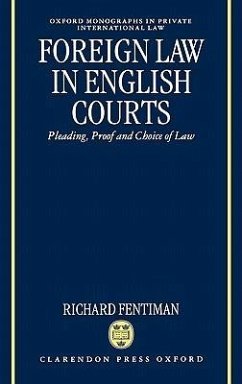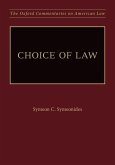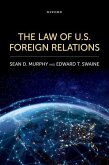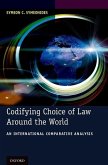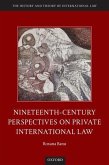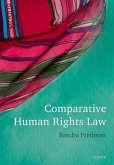How foreign law is established, and whether it must be established at all, are central issues in private international law. This book examines the topic from the perspective of English law and offers a reappraisal of the subject. Fentiman argues that the law is both more complex, and more defensible, than had previously been supposed.
The pleading and proof of foreign law are often treated as matters of peripheral importance. But, in reality, how foreign law is established, and whether it must be established at all, are central issues in private international law. Whether litigants are free to ignore the foreign elements in a dispute goes to the heart of the conflicts process, and without effective means to establish foreign law the very purpose of that process is subverted. Such issues give rise to particular problems in English law. It is often unclear whether the rules for choice of law are mandatory, and whether the application of foreign law is therefore required. The cost and uncertainty of establishing foreign law may also affect how cases are argued and decided, and may discourage litigants from suing at all. This book, the first to examine the topic from the perspective of English law, offers a radical reappraisal of a long-neglected subject.
The pleading and proof of foreign law are often treated as matters of peripheral importance. But, in reality, how foreign law is established, and whether it must be established at all, are central issues in private international law. Whether litigants are free to ignore the foreign elements in a dispute goes to the heart of the conflicts process, and without effective means to establish foreign law the very purpose of that process is subverted. Such issues give rise to particular problems in English law. It is often unclear whether the rules for choice of law are mandatory, and whether the application of foreign law is therefore required. The cost and uncertainty of establishing foreign law may also affect how cases are argued and decided, and may discourage litigants from suing at all. This book, the first to examine the topic from the perspective of English law, offers a radical reappraisal of a long-neglected subject.

